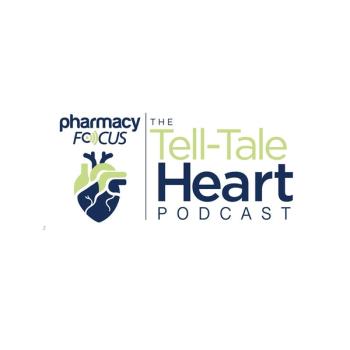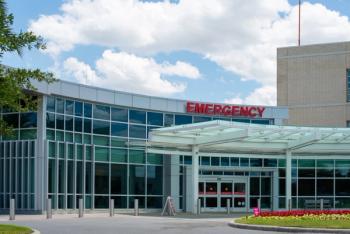
Quick Treatment Critical for Kids With Pneumonia
Even minor treatment delays can prolong hospitalization for pediatric patients with bacterial pneumonia.
Even minor treatment delays can prolong hospitalization for pediatric patients with bacterial pneumonia.
Parents who suspect their children may have a case of pneumonia should raise immediate red flags for pharmacists, new research suggests. Findings of a small study published in the April 2011 issue of the Pediatric Infectious Disease Journal show that delaying antibiotic treatment by even a few hours can mean longer hospital stays for infants and children with bacterial pneumonia.
Study author Jennifer A. Muszynski, MD, a pediatrician at Nationwide Children’s Hospital in Columbus, Ohio, said the results underscore the importance of “early and appropriate” antibiotic treatment in children believed to have the infection. In her study population, prompt treatment was linked not only to shorter hospital stays, but less time spent in intensive care units (ICUs) and on mechanical ventilators.
The timing of antibiotic treatment for pneumonia is inherently variable, and not just because parents wait to seek medical attention. When a child’s symptoms point to bacterial pneumonia, physicians must quickly choose an empiric antibiotic before test results can confirm which drug is needed to fight the infection. Dr. Muszynski’s research sought to determine whether and how that variability impacts clinical outcomes for pediatric cases of the disease.
She and colleagues analyzed records of 45 infants and children, median age 17 months, who were treated for severe pneumonia that required mechanical ventilation from 2004 to 2006. A majority of study participants (71%) were treated with the correct antibiotic from the start. When the researchers added to this group patients whose antibiotic was switched after their test results came through, the median time to treatment was 10 hours, with a range of 2 to 38 hours.
Adjusting for severity of illness, researchers found that children whose time to treatment was shorter spent fewer days in the hospital. Delays as short as 2 to 4 hours were linked to longer hospital stays, and a 6-hour delay was linked to 1 additional day on mechanical ventilator and 2 additional days in the hospital, “most of which was spent in the ICU,” according to a statement on the findings.
In most cases, delays were not caused by administration of an incorrect drug, “but rather to a delay in administration of the first dose of antibiotic,” researchers wrote. This finding in particular strengthens the case for speeding antibiotic treatment for young children with “acute respiratory failure for whom an infectious [cause] is a possibility,” they concluded.
For other articles in this issue, see:
- Drug Shortages Hurt Hospitals, Undermine Care
- FDA Warns Against Repackaging Anticoagulant
- New Online Home for Pharmacists Goes Live at PharmacyTimes.com
Newsletter
Stay informed on drug updates, treatment guidelines, and pharmacy practice trends—subscribe to Pharmacy Times for weekly clinical insights.







































